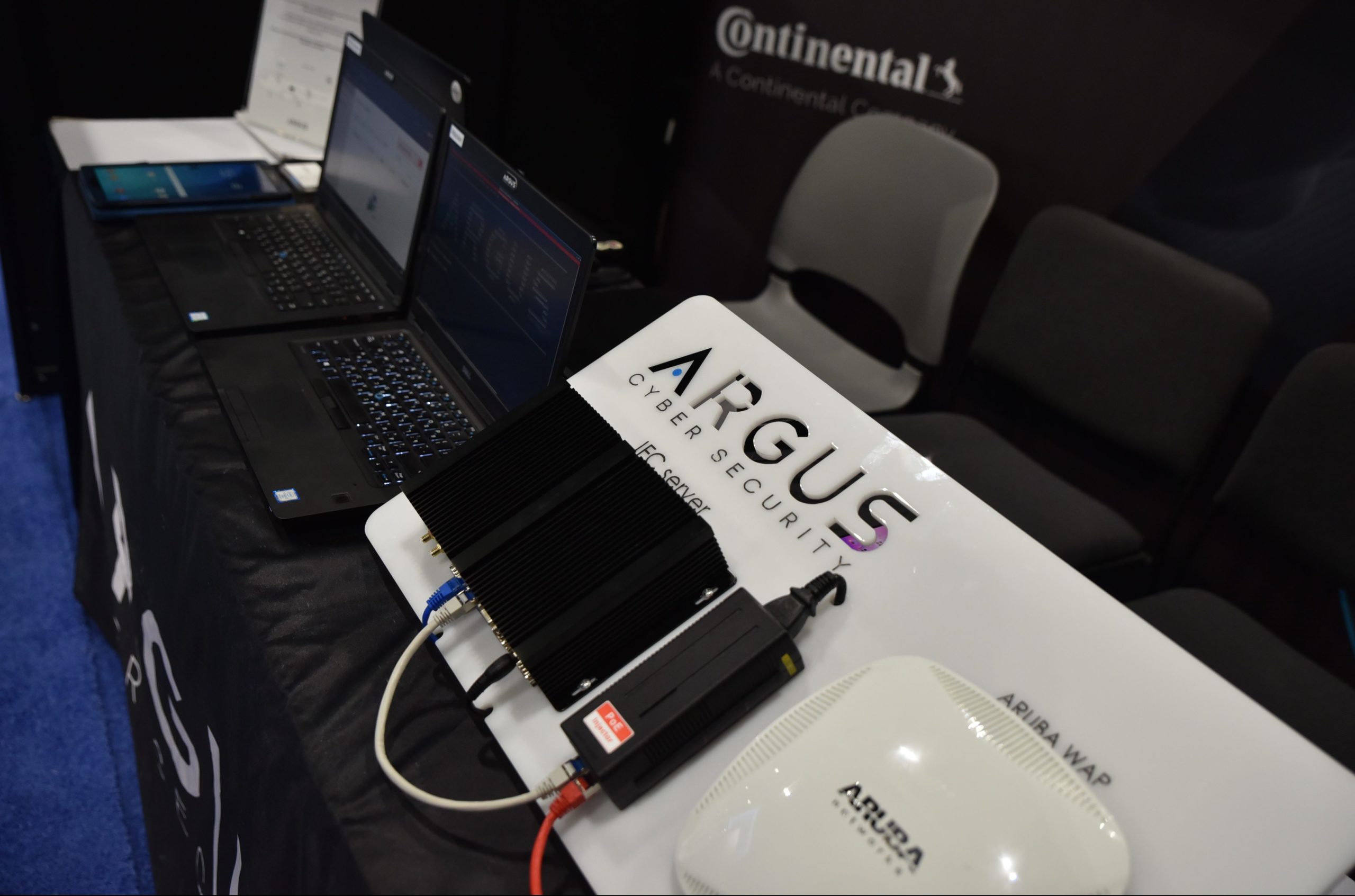Argus Cyber Security Targets IFEC Hackers With New Software
Share

Argus Cyber Security is bringing its extensive experience in the automotive sector to bear on security issues facing in-flight entertainment and connectivity (IFEC) systems. “Many of the technologies that you can find in a car are similar to ones you can find in aircraft cabins,” said Rubi Arbel, the company’s VP Aviation.
To defend against in-flight hacking attempts, the Tel Aviv-based company has launched Argus IFEC Protection, a software solution that can be installed in hardware – such as servers, routers and screens – from any manufacturer.
Recently, an in-flight Wi-Fi Access Point (WAP) vulnerability was identified by a manufacturer, publicly published, and immediately patched to prevent any further intrusions. Although this might be perceived to be an isolated case, Arbel believes that new vulnerabilities will be exposed and the industry needs to be prepared.
If an IFEC hack succeeds and passengers’ private information is compromised, “damage could be done to the airline’s brand equity and business continuance,” said Arbel. Noting the increased industry focus on security, he added, “Everybody is treating it seriously and making good first steps. We can help make it better.”


